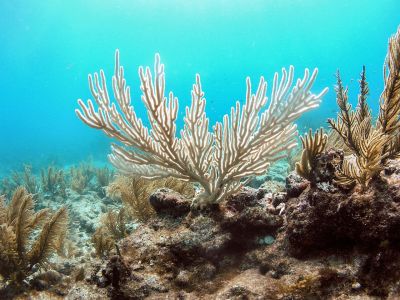
Coral reef ecosystems are under pressure from the growing human population and its activities, as well as climate change and associated sea-level rise. A European study investigated the ecological mechanisms that support coral reef ecosystems in order to address the problem of coral bleaching.
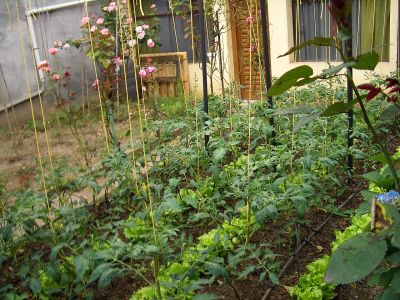
A recent research project has found key proteins that control flowering time in plants, allowing an unprecedented understanding of this economically important process.
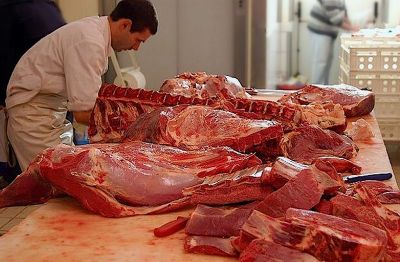
Food scientists will soon have a new tool to authenticate meat products accurately and rapidly thanks to research at the University of Nottingham, United Kingdom.
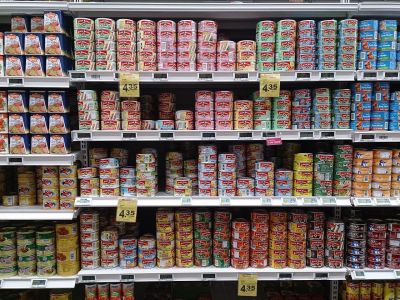
Discarding still-fresh food upon passing its best-before date wastes both food and money. One solution that could soon be a reality is intelligent food labels that indicate exposure to risky conditions between factory and shelf.
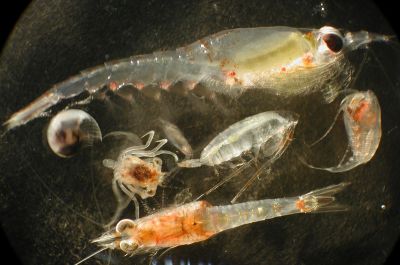
Marine scientists compared the composition of a free-living bacterial community in the Atlantic Ocean with one associated with a type of zooplankton known as a copepod. The results offer valuable insights into the biological and geochemical processes that take place in the open ocean.
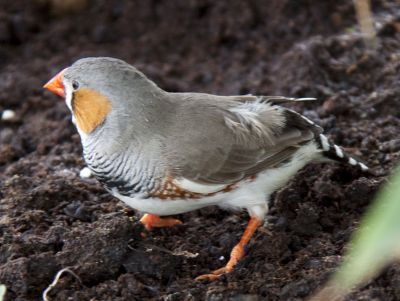
A recent research project has investigated the effects of poor nutrition on lifespan and reproductive success in finches.
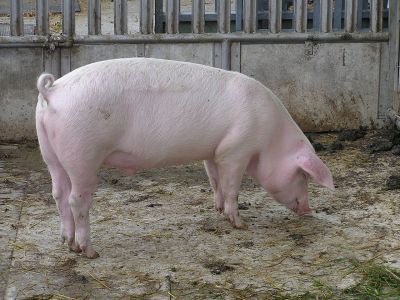
Researchers in the EU are building and testing an automated scanner to rapidly measure meat and fat content of pig carcasses.
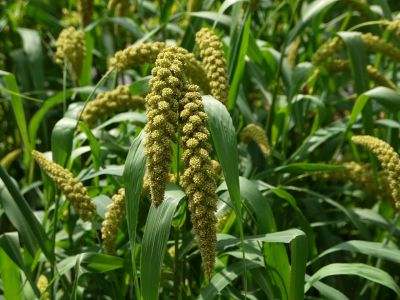
Researchers have used advanced molecular biology tools to improve phosphorus uptake in a common crop plant called foxtail millet.
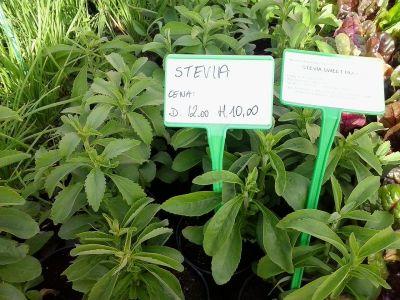
A new research consortium is promoting an alternative crop for tobacco farmers in the face of difficult economic conditions.
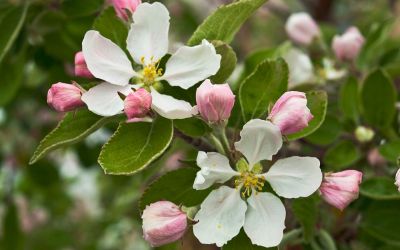
A recent research project has investigated how plants control the progression of flowering and fruiting.
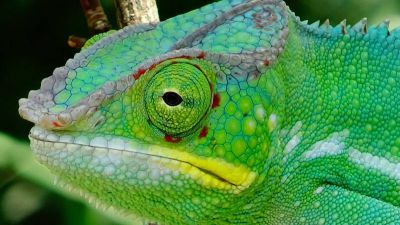
Such is our fascination with the chameleon’s ability to change its colours that the word ‘chameleon’ has entered our lexicon. It now also describes a person with the uncanny ability to alter themselves according to their situation. This week scientists revealed how the chameleon reptile manages this feat. However, they made no comment on the mechanics of chameleon-like behaviour in humans!
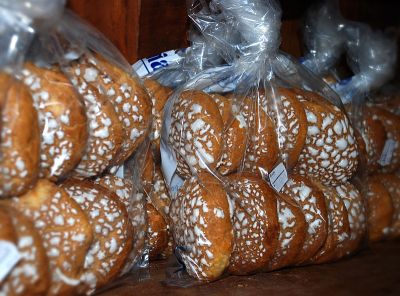
Christophe Cotillon, coordinator of SUCCIPACK, discusses the project’s PBS food packaging technology which may soon be commercialised.

Refrigeration technology stakeholders are working together to research and develop new technologies for more efficient energy usage and food storage.
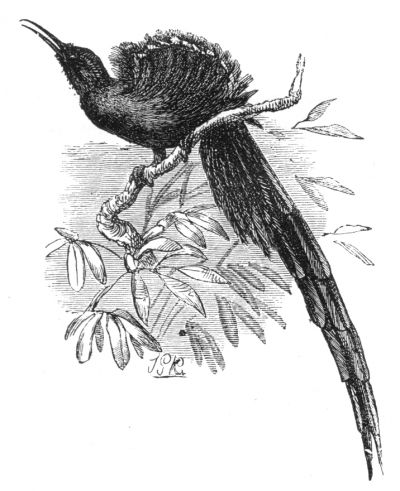
Scientists have revealed how populations of similar African bird species can influence each other's behaviour and appearance.
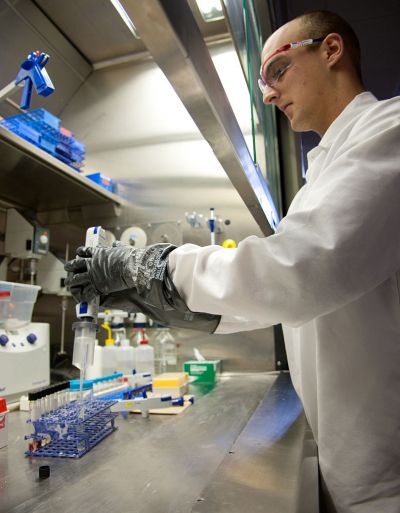
A recently completed research project has developed models to help estimate whether a substance will be toxic to a wide range of animals.
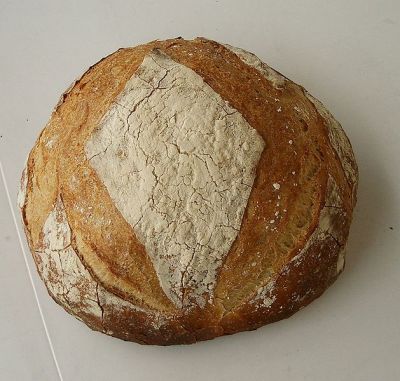
An EU-funded project is supplementing breads, biscuits and juices with nutritional additives from milk and potatoes.
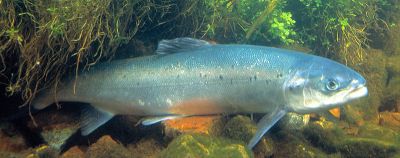
Researchers are looking for ways to improve the omega-3 fatty acid content of farmed fish through feed supplements.
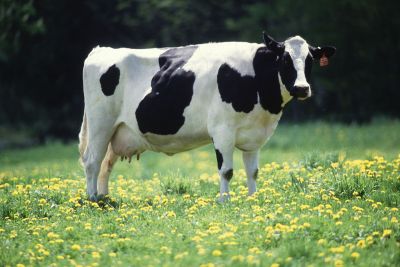
An EU project is devising a way of determining and certifying the species composition of animal feed using genetic methods. The project has prioritised 31 species, and so far two assay procedures consistently identify the target DNA
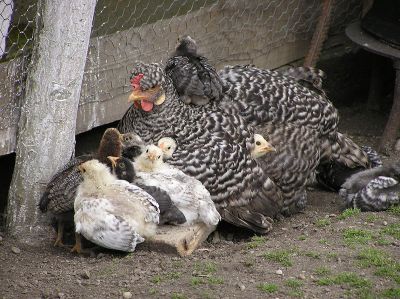
Researchers are developing industry-ready models and tools to aid efficient and ecologically friendly pig and poultry production
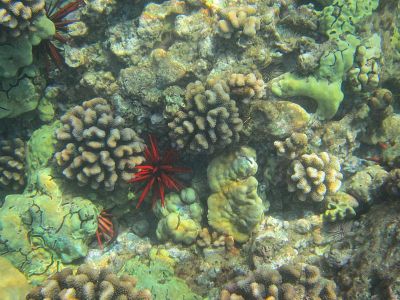
Researchers have established DNA reference libraries for various marine and freshwater organisms in Portugal.
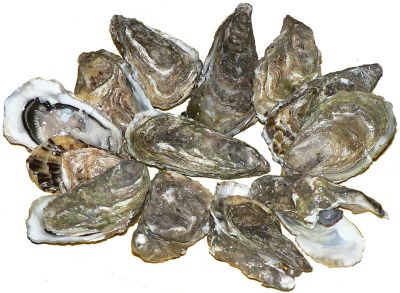
European shellfish producers are now better equipped to diagnose and control disease outbreaks in their farms.
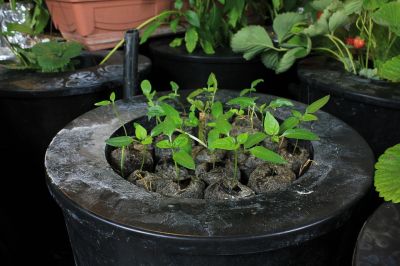
EU funding has placed an Irish research institute at the frontier of agricultural and horticultural research on Earth and beyond.
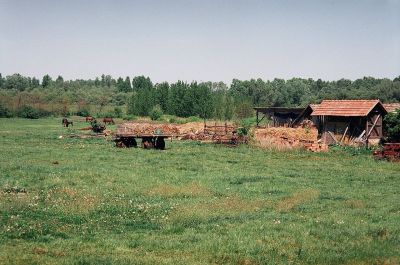
Researchers have advanced a sensor system that will, for the first time, allow farmers to assess the nutrient status of their soils anytime, anywhere.
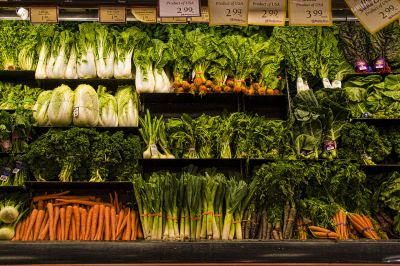
EU funding has ensured that a transnational, collaborative network to promote plant health will endure.
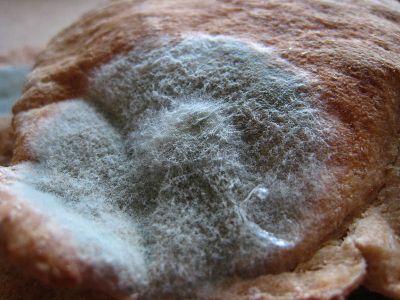
Degradation of food and feed caused by myco-toxins is a fairly widespread world wide-problem. A consortium of companies is advancing prototype mycotoxin testing devices for potential commercial application.
























